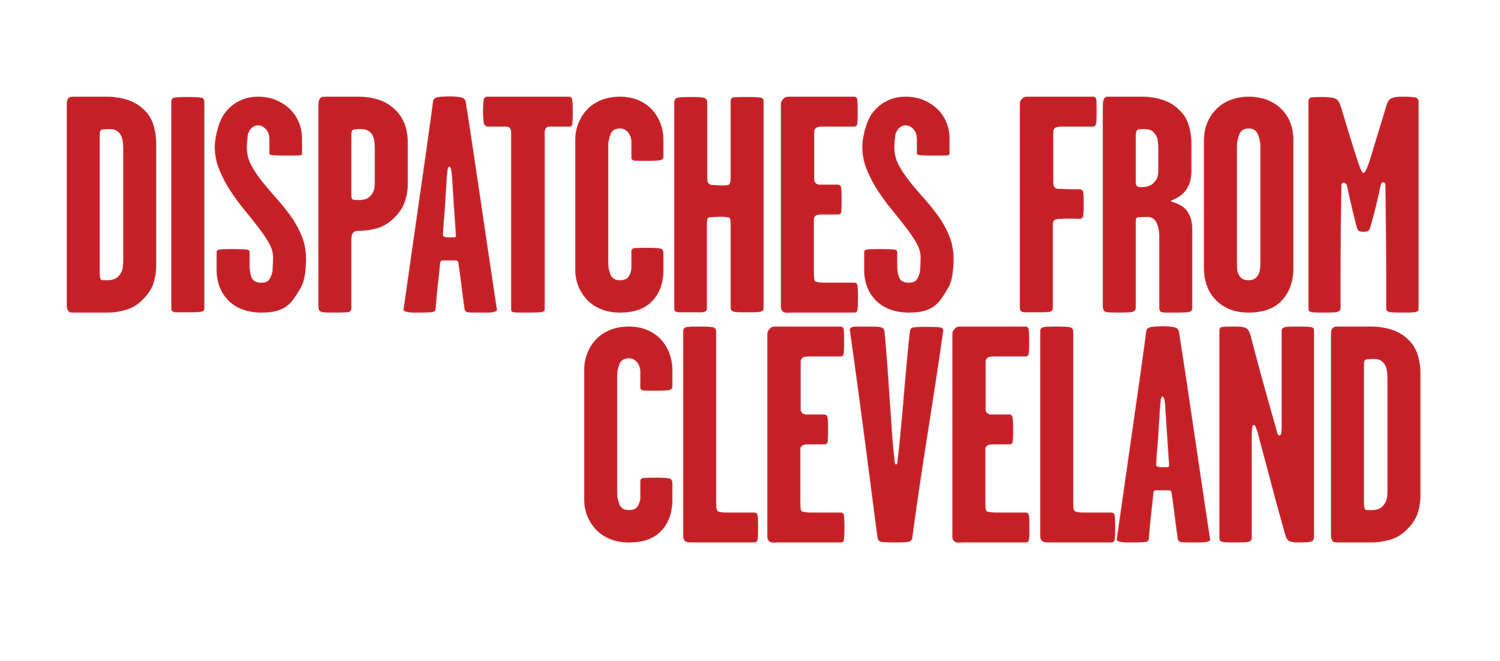"What narrative will be ours, what narrative will be this influx of activists and protestors, what narrative will be driven by money, what money will be driven by the missing, what narrative will be driven by truth"
A collaborative film series about democratic process, public policy, and who gets to tell Cleveland's story during the 2016 Republican National Convention. Most areas of Cleveland have seen significant increases in poverty since 1970. Cleveland was the 5th largest city in the U.S. when it last hosted a Convention in 1936. Now the 48th, and the most economically distressed city in the nation, Cleveland struggles to maintain viable infrastructure.
"In journalism, a fixer is a well-networked local who helps a foreign journalist find quick entry into a story by translating for them and introducing them to people who are in the know. The Fixers has sought out Clevelanders who operate like fixers. People who work within large social networks to build Cleveland's vitality, and social and economic equity. We asked these fixers what tour of Cleveland they would give RNC delegates if they had the chance. Their tours were documented in a series of short films, being released serially from May 20 - July 21, 2016. Each release is being accompanied by screenings and public dialoguesaround Cleveland."
During the 2016 Republican National Convention, Cleveland expects:
50,000 visitors
10 billion media hits
$250,000 in direct spending
Most areas of Cleveland have seen significant increases in poverty since 1970.
Cleveland was the 5th largest city in the U.S. when it last hosted a Convention in 1936. Now 48th, and the most economically distressed city in the nation, Cleveland struggles to maintain viable infrastructure.
Significant investments are being made, both from the top down and the bottom up, to help Cleveland rebound into vitality, and many cite the 2016 RNC is evidence of a Cleveland comeback:
But there is a more complex story here.
Most RNC traffic will be concentrated in a small section of downtown Cleveland—the recent recipient of $4 billion in development dollars.
What will delegates and journalists be missing if they stay within Cleveland’s tourist districts? What could the rest of Cleveland tell political decision-makers about how public policy is impacting urban Americans?
The Fixers is a collaborative public art project asking just that.
Check out The Fixers' website: http://www.thefixerscleveland.com/
